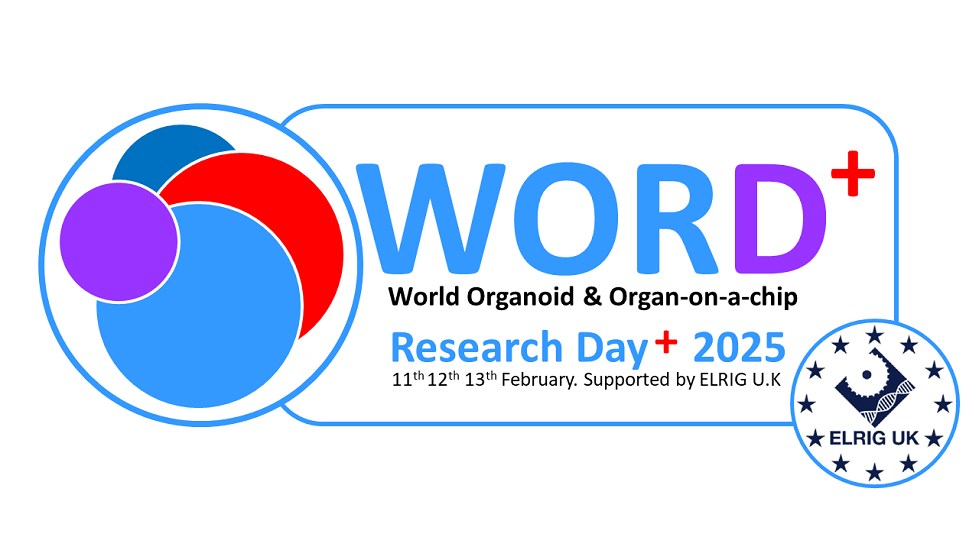Authors
F Iacoviello1; F Anderson1; M Panamarova1; C Collins1; R D'Souza1; H Lingala1; A Yeung1; M Strickland1; J Ostermayer1; M Ghouraba1; M Hu1; N Wana1; C Cotobal Martin1; C Anderson1;
1 Wellcome Sanger Institute, UK
Overview
Inflammatory Bowel Disease (IBD) is a general term used to indicate gut inflammatory conditions like Crohn's disease and Ulcerative Colitis. IBD is an auto-immune condition characterised by prolonged inflammation of the GI tract. The current treatment available is immunosuppressants, analgesic medication and steroids. However, this treatment only aids managing the symptoms but isn't curative.
Introduction
As treatment effectivity varies between IBD patients, it is imperative to study its pathophysiology. Also to identify the various IBD phenotypes and to study their cellular response to treatment. In order to study individual variability, organoids are derived from patient biopsies. The project focuses on developing a mucosal organoid biobank of 400 models from IBD patients as well as healthy ones.
Methods
The intestinal stem cells (ISCs) present in the intestine are extracted from fresh or frozen biopsies through sample dissociation. They are plated in 3D matrigel domes with selective media for ISCs to form organoids. These organoid lines are grown and eventually banked at 5x10e5 cells per vial. The lines are later checked for quality, along with its ability to grow and differentiate. This is done with the help of the Incucyte.
Results
The aim is to bank 400 mucosal organoids over the course of 3 years, with an average processing of 2-3 biopsies per week. The number of samples processed since March 2022 is 287, of which 180 samples have been banked with a success rate of 66.2%. The number of sample checked for quality is 24, of which 22 samples were successful. As the pipeline gets more refined there will be an increase in number of samples derived per week.
Conclusion
The completion of this biobank would greatly contribute to the understanding the underlying causes of IBD and eventually aid in development for better and more effective treatment.

